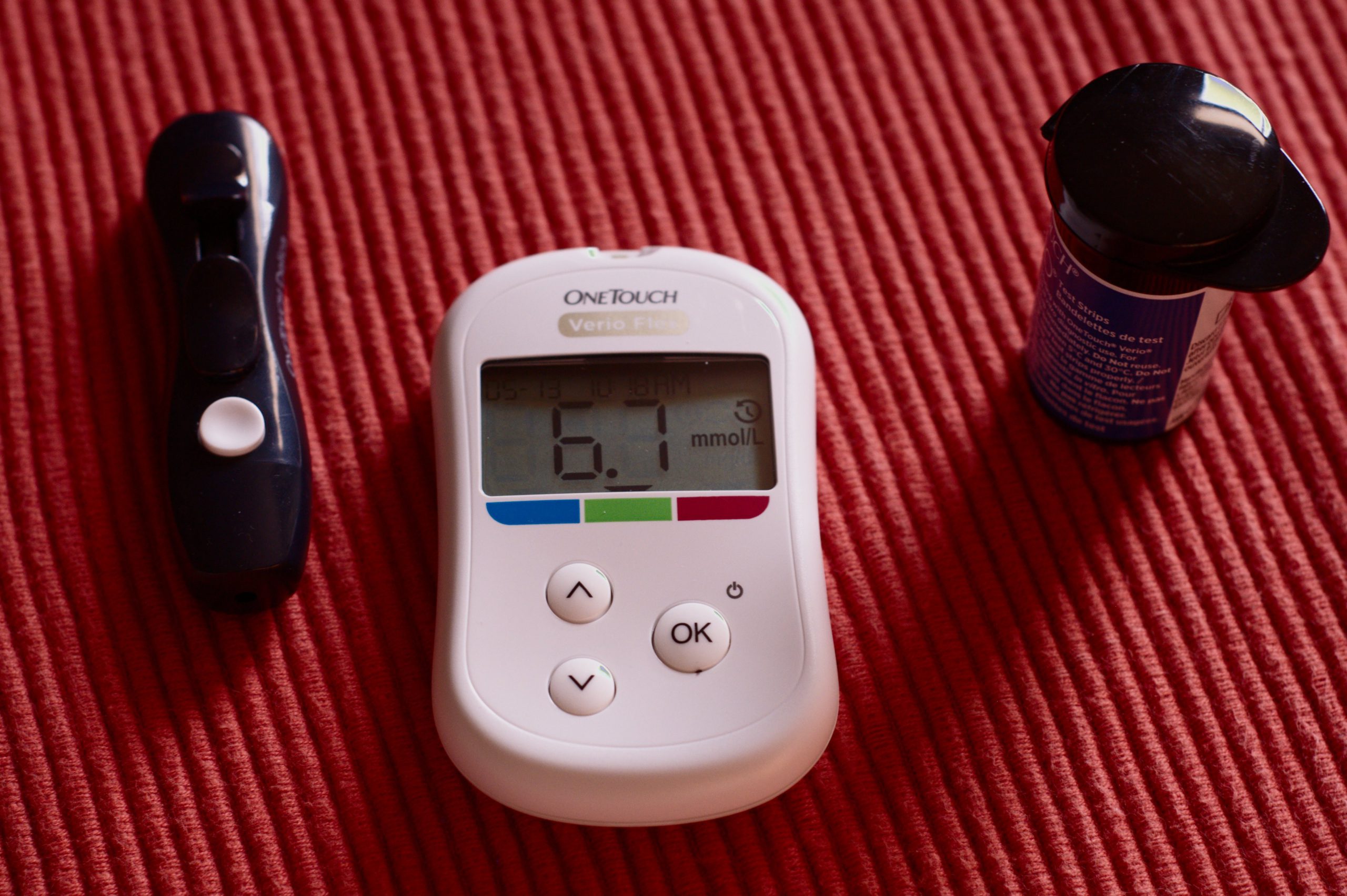Health experts and doctors consider Type 2 diabetes as a debilitating condition. Many patients are often told that there is no cure for this and that they will require lifetime medication. Quite recently, however, many scientists, clinicians, and dieticians are debunking this common misconception and claim that certain diets are seen to have the potential to reverse this health condition.
One of these plausible breakthroughs is the ketogenic (keto) diet that has a major impact on the reversal of Type 2 diabetes. It has been a growing trend, especially among health enthusiasts who claim its wonderful health benefits.
What diabetes is
Diabetes is a chronic and progressive condition due to the insufficient production of natural insulin, causing many patients to suffer from high blood sugar. In short, it is a disease where blood glucose levels remain consistently high.
There are basically two types of diabetes – Type 1 and 2. Both types are considered chronic diseases that affect the way your body regulates blood sugar or glucose. While people with Type 1 diabetes don’t produce insulin, people with Type 2 diabetes don’t respond to insulin at all. By far, Type 2 is common, comprising about 90 percent of the cases worldwide.
What keto diet entails
Simply put, the ketogenic diet is a high-fat, low-carb diet. Typically, individuals on this diet eat more foods rich in unsaturated fats (healthy fats) and fewer carbohydrate foods at a rate of less than 50 grams per day. Part of the overall equation is protein consumption, which should be done in moderation.
Keto diet was originally developed in the 1920s as a treatment for epilepsy. Since then, it has gradually become popular due to its potential to address various illnesses, such as diabetes.
How the keto diet affects diabetes
The keto diet essentially puts the body in a natural metabolic state called ketosis. A person typically has high levels of acidic molecules, called ketones, in the blood and tissue when in the ketosis stage. When one is in this stage, the ketones function as fuel alternatives to glucose, which helps a person with diabetes utilize this alternative glucose.
The difference between ketosis and ketoacidosis
The latter is often used in many diabetic cases and may be confused with the amazing health benefits of ketosis. While ketosis is a natural and healthy physiological reaction to a lack of carbohydrates in the diet, ketoacidosis is actually a complication of poorly managed diabetes. For this reason, they are entirely two opposing ideas.
Conclusion
Type 2 diabetes is a metabolic disorder that can impact weight, health, and quality of life. As it is a disease typically brought by a poor diet and a sedentary lifestyle, the best way to combat this is to have a lifestyle change. This is where keto diet comes into the picture.
Overall, the keto diet is a lifestyle approach coupled with the right diet that can potentially reverse Type 2 diabetes. Only a few studies have been carried out to establish its many potential benefits. Because of this, make sure to always consult your primary healthcare provider before making any significant changes to your lifestyle!
We provide the latest health and medical news in the US healthcare industry. If you want to get updates on various health diets that can help fight diseases, subscribe to our website!


















